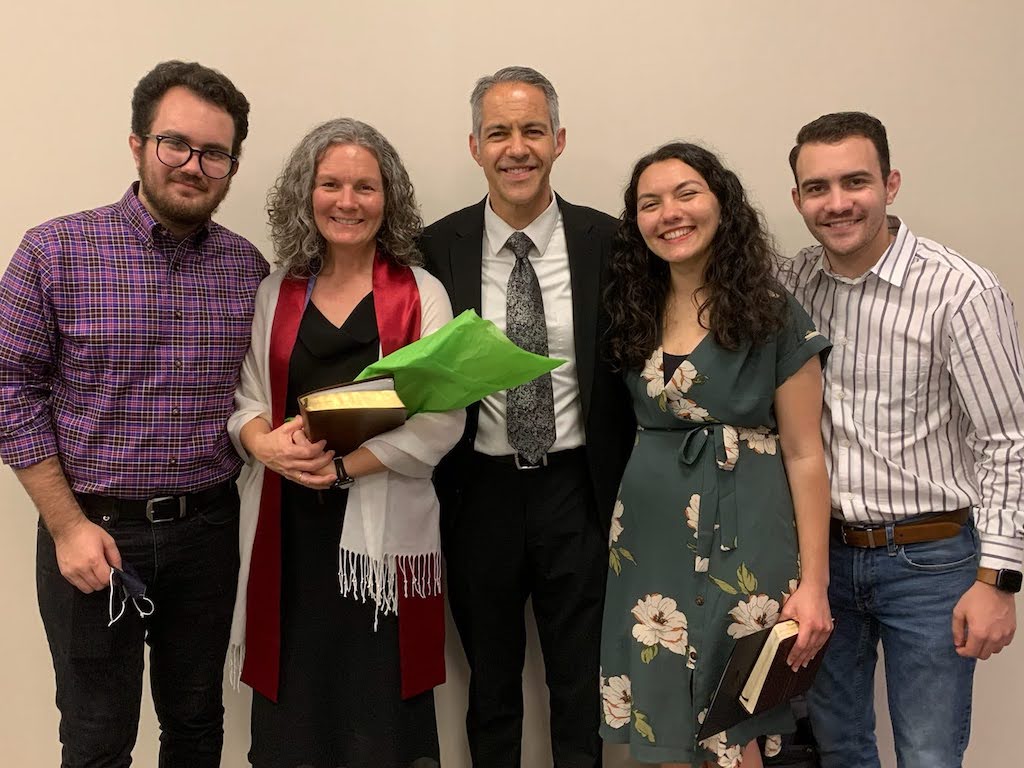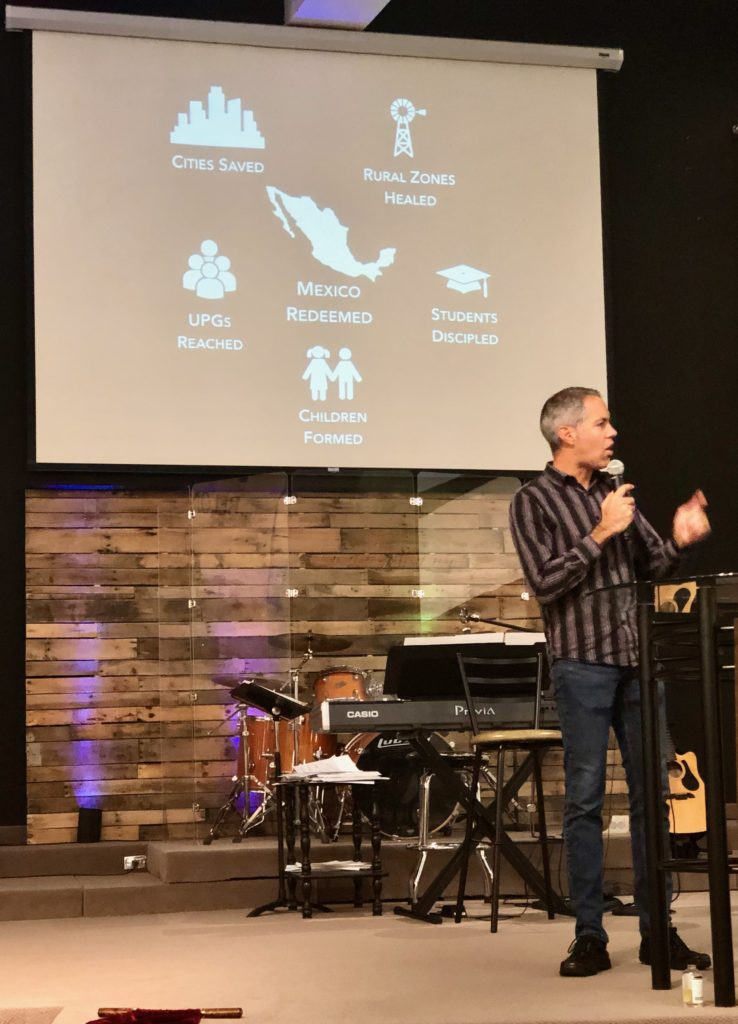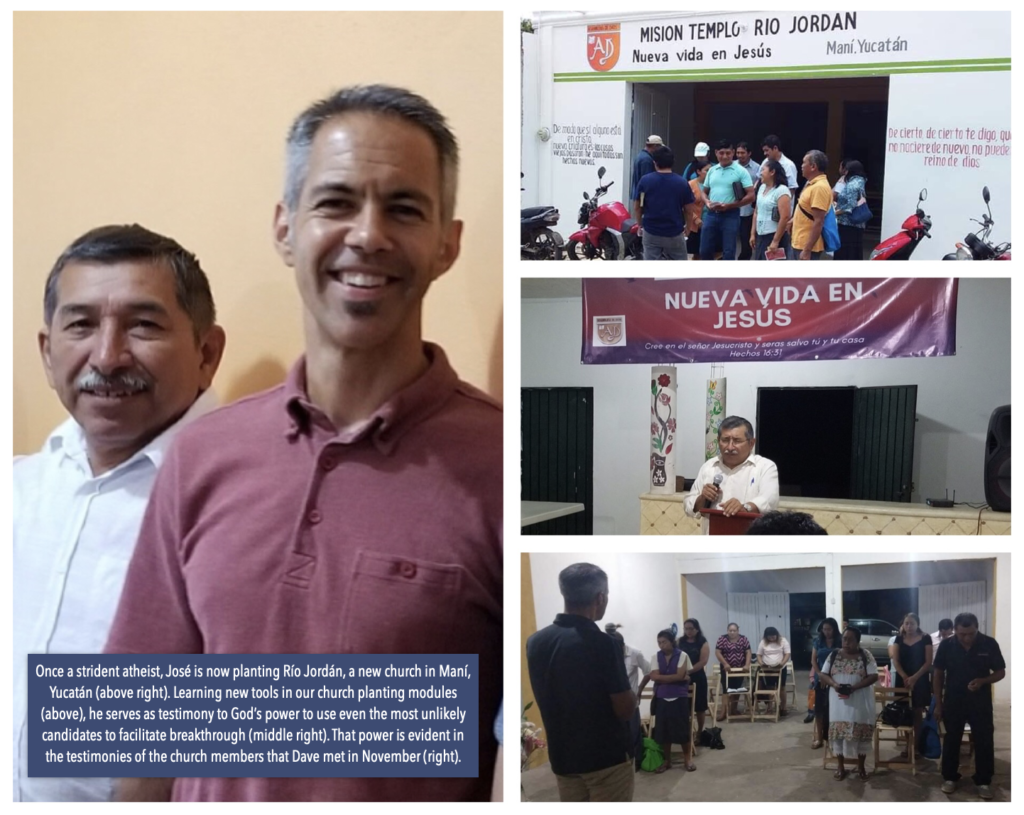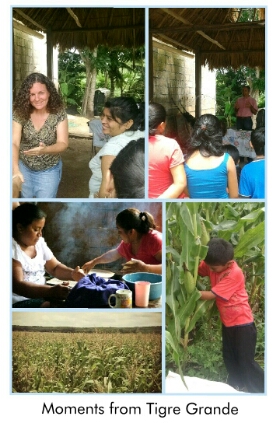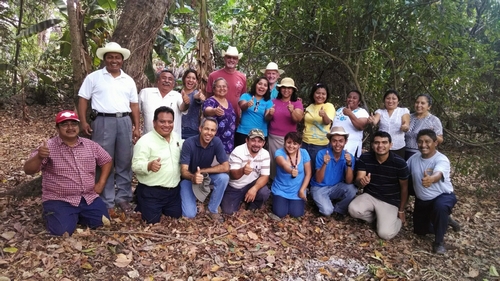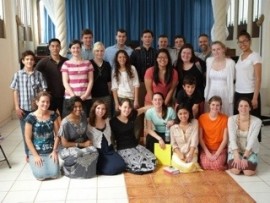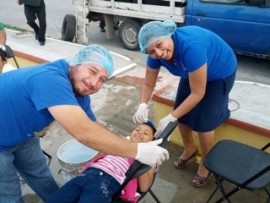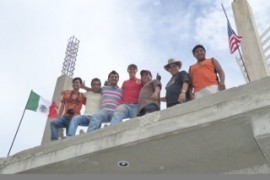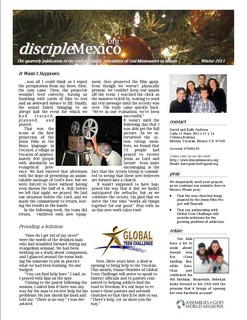These days, when it comes to service, simple competency can be a big ask and excellence a pipe dream. That’s why our interactions with the Bienes Raices San Lazaro group have been so refreshing.Â
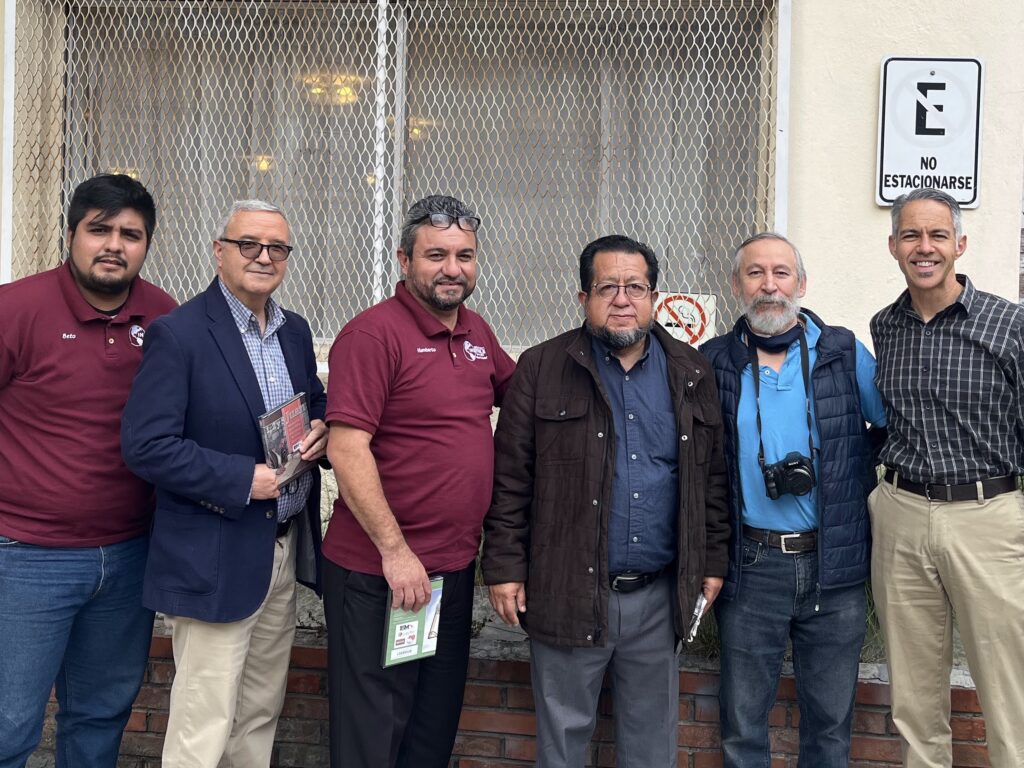
As part of our Area Director responsibilities, we sit on the board of Bienes Races San Lazaro (BSRL), the association charged with the management of a large property in Mexico City (CDMX) owned by the Assemblies of God of Mexico. This property is home to the offices of the Distrito Sur, the ministerial network that consists of Mexico City and the State of Mexico, Ana Sanders Theological Seminary, as well as the church, Jesucristo Luz a las Naciones, among other ministries. There are also a number of warehouses for lease and parking spaces for rent both to businesses and individuals, which serve to subsidize the mentioned ministries.
In our bi-monthly meetings, we review the finances of the association and discuss any issues pertaining to the property. These regular meetings have reinforced our appreciation of the people that we work with on a regular basis. Carlos, the administrator, manages accounts worth hundreds of thousands of dollars with both a keen business sense and complete transparency, and the district officials and missionaries that make up the board of BRSL are unswerving in their commitment to meet their financial obligations while showing abundant generosity to the ministries that operate within the property.
In one such case, it was noted that a church meeting on the property had not reconvened since services had been suspended at the height of the pandemic. Instead of seeking another church to rent the space, the board members reached out to the pastor of the church, offering him the space rent-free in exchange for the promise that the congregation would return and put it to use for ministry. They subordinated their financial need in the genuine interest of blessing the congregation.Â
Thank you, then, for your prayers and support that have offered us, not only the opportunity to witness this excellence in service but also to be participants in it. Kelly and I count it a privilege to be your representatives locally here in CDMX and nationally as we support the 25 missionary units serving throughout Mexico.

